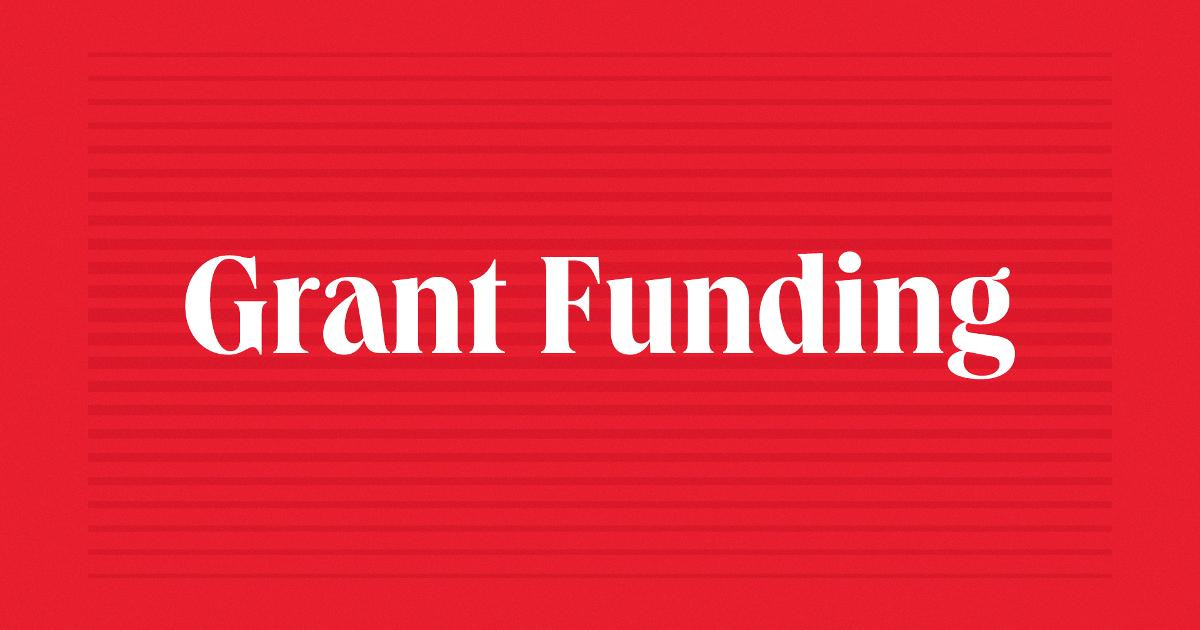
Helping communities conserve biodiversity, build resilience to climate change and pursue sustainable development will be the focus of a new five-year, US$13.9 million grant-making and capacity-building program launched by the Critical Ecosystem Partnership Fund (CEPF) in the Caribbean Islands Biodiversity Hotspot.
Civil society organisations—including community-based groups, nongovernmental organisations, academia and the private sector—will be eligible for the grants. The countries targeted by the funding are Antigua and Barbuda, The Bahamas, the Dominican Republic, Haiti, Jamaica, Saint Lucia, and Saint Vincent and the Grenadines.
CEPF is a joint initiative of l’Agence Française de Développement, Conservation International, the European Union, the Global Environment Facility, the Government of Japan and the World Bank. The fund empowers civil society organisations to protect the world’s biodiversity hotspots—the most biologically diverse yet threatened terrestrial ecosystems—and help communities thrive.
The new investment in the Caribbean Islands will be financed through the Critical Ecosystem Partnership Fund – Caribbean Hotspot Project of the World Bank, using funds provided by the Government of Japan.
CEPF will have a regional implementation team (RIT) based at the Caribbean Natural Resources Institute (CANARI). The team will help implement CEPF’s strategy by directly supporting grantees in the hotspot. CEPF and the RIT will also work with Instituto Tecnológico de Santo Domingo (INTEC) to establish networks and partnerships among conservation organisations, government agencies, private businesses and communities.
“The CEPF grants will enable groups to build and apply local knowledge and skills to address the biodiversity crisis and climate challenges,” said Olivier Langrand, executive director of CEPF. “This local conservation leadership will guide the people of the Caribbean Islands in protecting their unique nature and the services it provides. In addition, keeping natural systems intact contributes to the prevention of diseases transmitted from animals to people, such as COVID-19.”
“This funding will ensure that green growth and climate-smart development are at the forefront of economic recovery in the Caribbean by strengthening and supporting civil society organisations. It aligns with the World Bank’s Climate Change Action Plan, which supports the strengthening of climate adaptation and resilience in developing countries,” said Lilia Burunciuc, World Bank Country Director for the Caribbean.
“It is an important moment for our region as we recover from the COVID-19 pandemic and deal with the impacts of climate change, including extreme weather,” said Nicole Leotaud, executive director and managing partner of CANARI. “Our grantees will work with Caribbean communities to build the health and resilience of the ecosystems that support our livelihoods, culture and well-being. Recent events have taught us just how important it is to have resilient systems and organisations that can withstand shocks.”
CEPF previously invested US$6.9 million in the Caribbean Islands Biodiversity Hotspot from 2010 to 2016. CANARI also served as the RIT for that investment, during which grants were awarded to 68 civil society organisations in eight countries. Projects focused on sustainable agriculture, agroforestry, protecting watersheds, and nature-based tourism to support rural community development as well as food security.
Some grantee results from the initial investment include:
- Development and implementation of sustainable management plans that strengthened the protection of 25 Key Biodiversity Areas covering 593,967 hectares.
- Strengthening of institutional capacity for 58 civil society organisations in eight countries.
- Sale of the first carbon offsets in the Caribbean.
- Creation of nine public-private partnerships that factor in biodiversity conservation.
- Inclusion of biodiversity and ecosystem services concerns into seven development plans, projects and policies.
The new CEPF funding will support efforts begun under the previous investment by replicating and scaling-up good practice models that emerged from the earlier grants. Little of the current funding from other donors in the hotspot is earmarked specifically toward species conservation, so grants will also address this gap.
Advertise with the mоѕt vіѕіtеd nеwѕ ѕіtе іn Antigua!
We offer fully customizable and flexible digital marketing packages.
Contact us at [email protected]

















How much will end up in Gaston pocket?
This is good. Now we can pay the seniors their pensions and the workers at ABS their back pay.
Comments are closed.